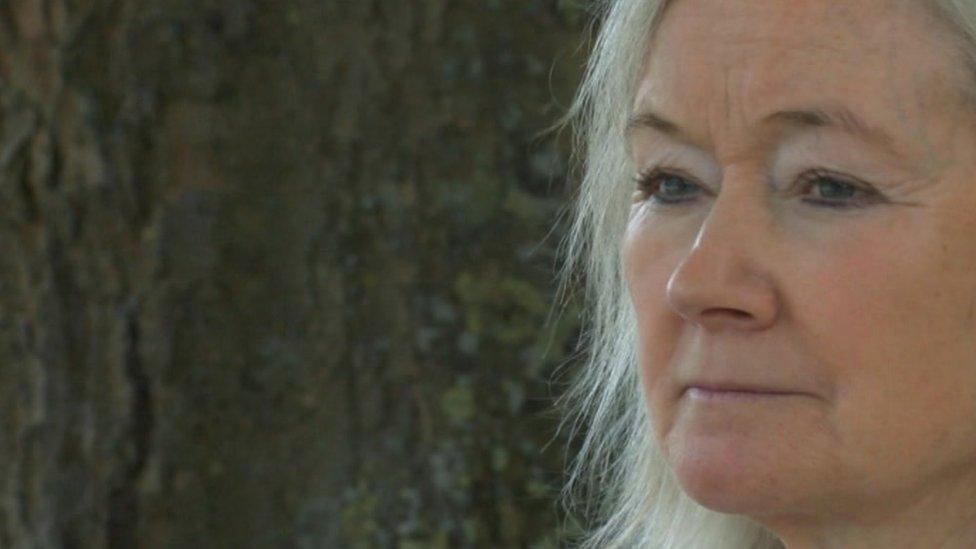New Duchenne muscular dystrophy treatment 'ready in five years'
- Published

Professor Kay Davies says she is determined to help those with Duchenne muscular dystrophy retain their independence
A new treatment for a rare muscle wasting disease could be available within five years, an Oxford University researcher has said.
Duchenne muscular dystrophy (DMD) affects about 2,500 boys and men in the UK, leaving them unable to move.
Professor Kay Davies said trials of a drug to increase levels of the protein utrophin, to maintain the muscles, would start later this year.
She told Oxfordshire Science Festival it could help sufferers worldwide.
"Duchenne is horrible for these boys. They normally get diagnosed at the age of four of five, and they suffer from a progressive muscle wastage which leaves them in a wheelchair by the age of 12," she said.
"Somewhere in the next five years, we will be able to do something for these boys, to stop them from going into a wheelchair, and perhaps prolong their life and improve their quality of life."

Mother 'filled with hope'
Mother 'full of hope' over Duchenne trial
Oxford mother Cathy Wedell, whose 12-year-old son Isaac has Duchenne muscular dystrophy, said taking part in the trials "fills her with hope" for all sufferers.
"The diagnosis when Isaac was four left us devastated.
"DMD means losing the ability to move and dying in your 20s or 30s. As a parent it means seeing your child not being able to do the things he loved.
"It's wonderful to be part of a trial, not just for Isaac, because it will provide the evidence for a treatment for others who will benefit in the future."

Trials in mice found the increased levels of utrophin could compensate for a lack of a similar protein called dystrophin, which males with Duchenne muscular dystrophy lack.
Professor Davies, from the university's department of physiology, anatomy and genetics, has been working on finding a treatment for more than 20 years.
She said: "It affects every population in the world and we need to have a treatment in pill form. This is why I am so keen on our approach, because this is something anyone can take with their breakfast or dinner."
The disease causes progressive muscle wastage, with sufferers usually dying in their mid-20s.
Dr Marita Pohlschmidt from the charity Muscular Dystrophy UK praised the progress made on the "significant" treatment and said the charity was "delighted that her work is showing great promise as a potential therapy for the condition".
She said: "What is so significant about utrophin upregulation is that it could help all the 2,500 people in the UK with Duchenne, regardless of which type of genetic mutation causes their condition.
"In addition, it could also benefit a similar number of children and adults with the closely related Becker muscular dystrophy."
- Published15 April 2016

- Published1 January 2016